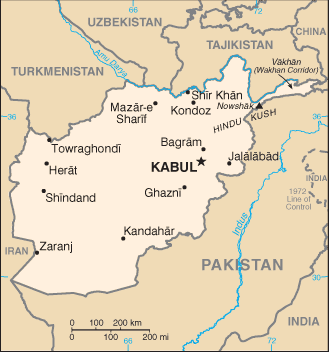With the Pakistan-hosted peace talks on Afghanistan collapsed in 2015, there were several unsuccessful attempts by Pakistan, China, and the US to get the talks going again. Afghan President Ashraf Ghani’s office now says they don’t expect any more such efforts, and even if they happen, Afghanistan has no plans to take part in the process.
 The talks were just getting started in summer of 2015 when Afghan officials leaked news that Taliban leader Mullah Omar had died two years prior, forcing the Taliban to withdraw from talks to deal with succession disputes.
The talks were just getting started in summer of 2015 when Afghan officials leaked news that Taliban leader Mullah Omar had died two years prior, forcing the Taliban to withdraw from talks to deal with succession disputes.
Afghan officials have since confirmed they are funding one of the Taliban’s splinter groups to “sew rifts” in the organization, which has kept the Taliban from reunifying and considering new talks. That, along with the US assassination of Mullah Omar’s initial successor, has kept the Taliban divided.
At the same time, the Afghan government has seen mounting losses throughout that period, with even the divided Taliban consistently gaining territory, and holding more territory now than at any time since the 2001 US invasion and occupation.
It is interesting to vote that the Ghani government has no real interest in getting the talks going in the face of these losses, which may suggest they are counting on recent US escalations to reverse the momentum. This could be risky, however, and Taliban officials insist that the US announcement that they are extending their deployments in Afghanistan mean the war is going to continue. Since Mullah Omar’s reign, the Taliban has long predicated a final peace deal on the withdrawal of foreign troops.


